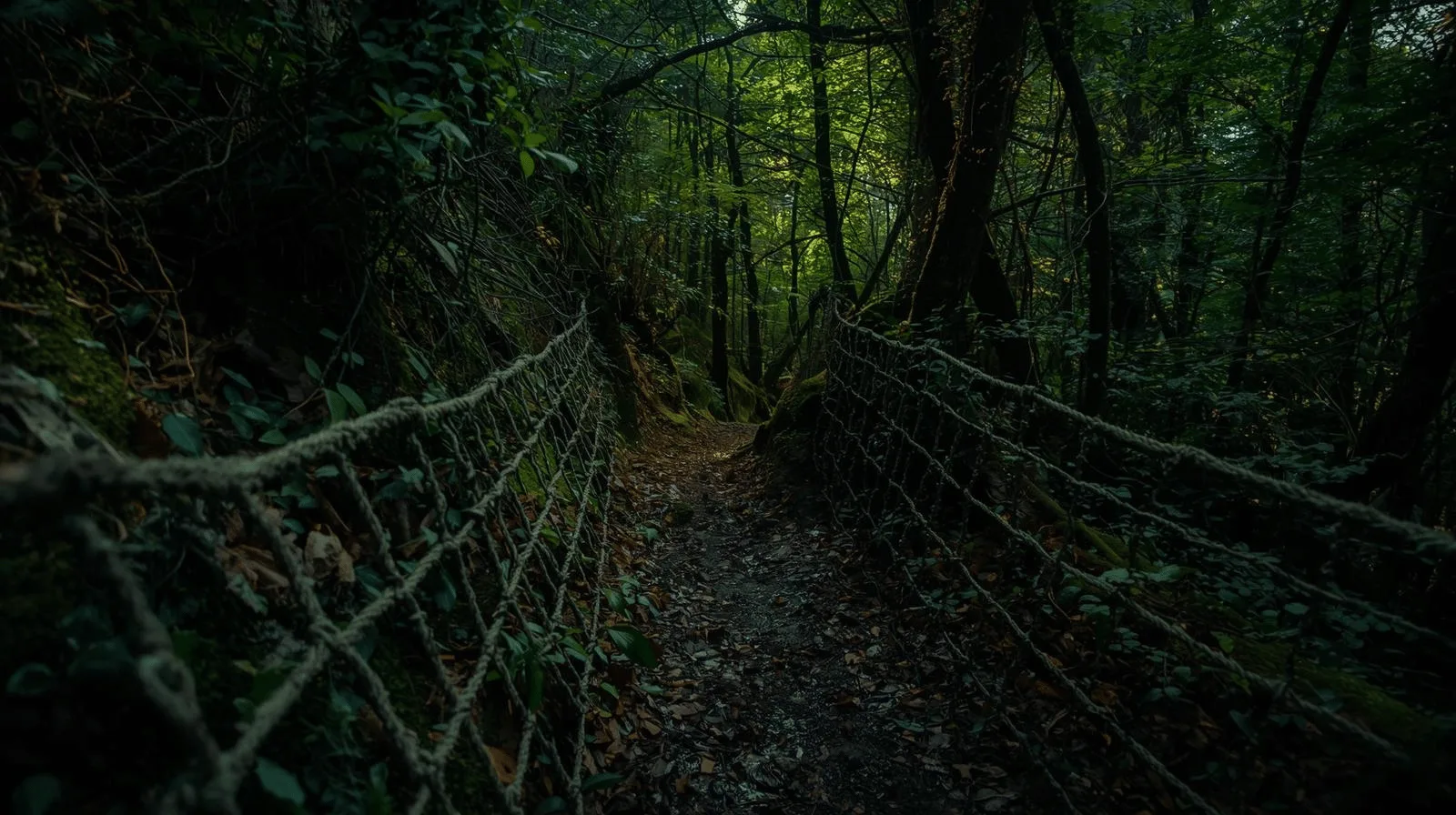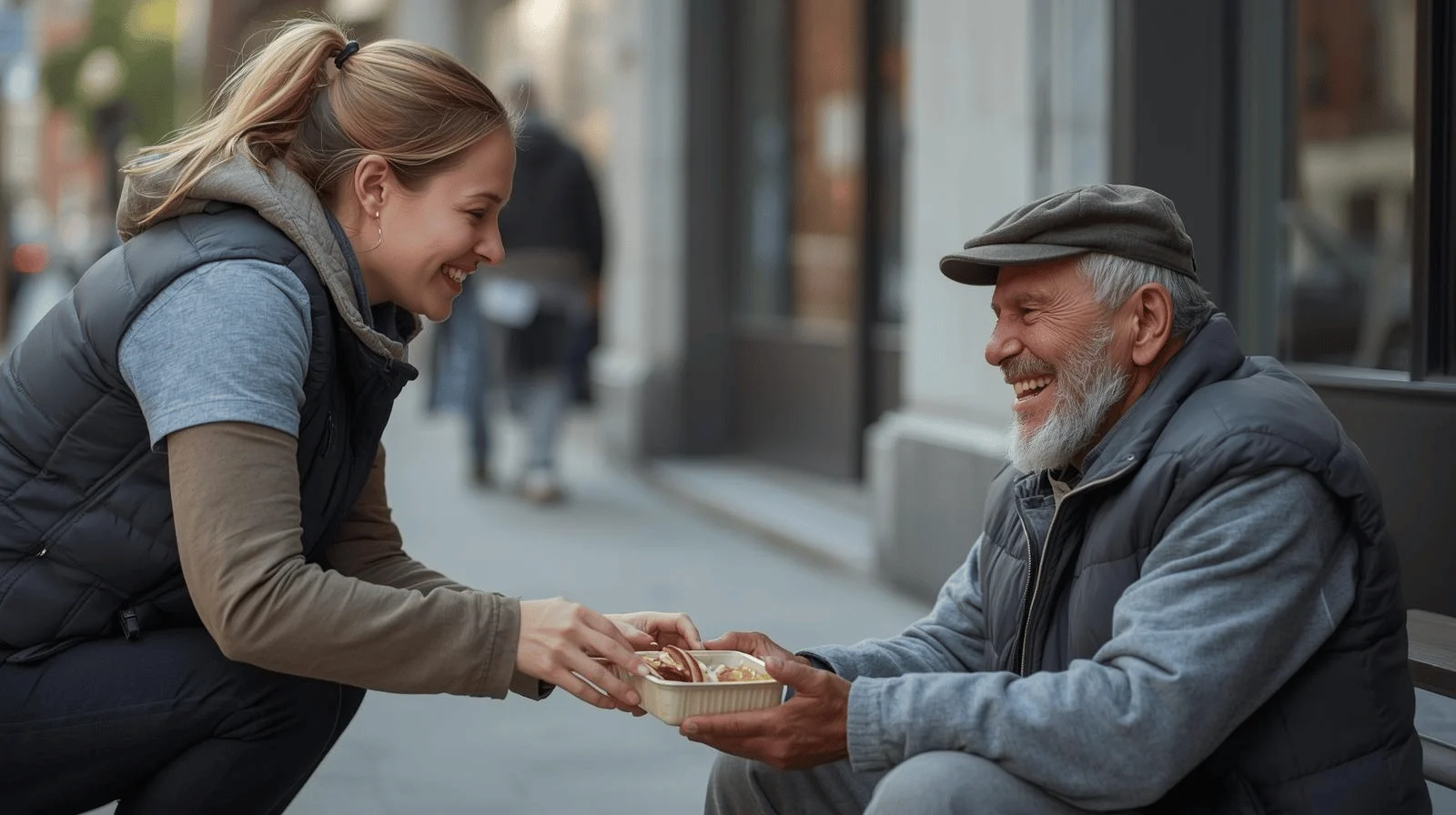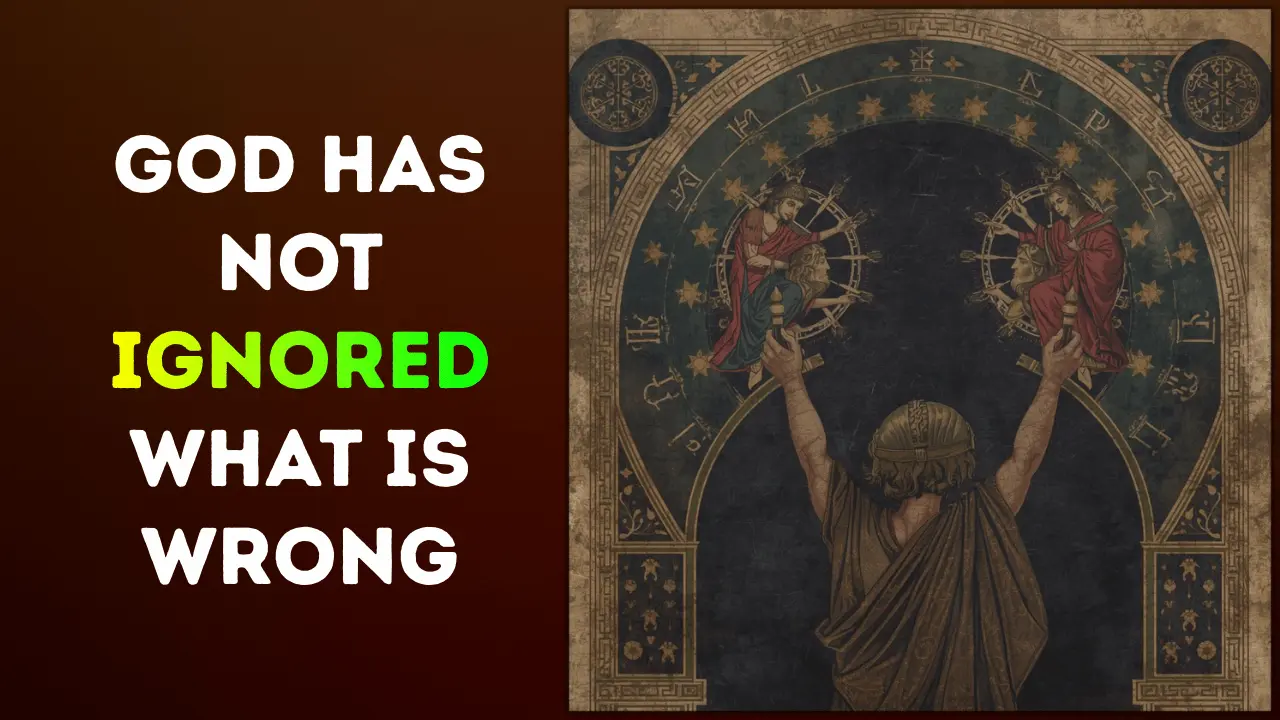Psalm 9 paints a vivid picture of oppression. The wicked wait in ambush for the poor, ready to exploit them like predators lying in the shadows. It is both poetry and social commentary.
This verse is more than a description of injustice; it is a challenge. It urges us to embody justice and mercy in our lives, reflecting the very heart of God.
Why Psalm 9:30 Still Matters
We live in a world where exploitation often hides in plain sight. Psalm 9:30 helps us name those injustices and resist them with faith-driven courage.
Justice and Mercy as a Biblical Theme
Throughout the Psalms, God’s justice and mercy appear together. This balance shows us that true discipleship requires both fairness and compassion.
The Verse in Context
Psalm 9 and Psalm 10 are closely connected. In some traditions they form one psalm, blending lament over oppression with praise for God’s judgment.
Verse 30 captures the essence of injustice—predatory, deliberate, and targeted against the powerless.
The Imagery of a Lion’s Den
The wicked are compared to lions lying in wait. This imagery highlights intentional harm and reminds us that injustice is often calculated, not random.
The Link Between Psalms 9 and 10
Together, these psalms describe wickedness but also proclaim God’s justice. The focus is not revenge but restoration—God restoring balance and dignity to those wronged.
Also Read: The Christmas Story In The Bible: What Really Happened and Why It Matters
What Psalm 9:30 Reveals About Injustice

The verse teaches us to look honestly at oppression. It is hidden, intentional, and aimed at the weak.
Recognizing these realities helps us move toward justice and mercy in practical ways.
Hidden Traps of Oppression
Oppression often hides in systems—exploitative contracts, predatory loans, or unfair workplace policies. These are modern versions of the “nets” described in the psalm.
Why the Poor Are Most Vulnerable
Those with fewer resources and less influence are easy targets. This has been true throughout history and remains true today. Faith-based advocacy steps in to close those gaps.
God’s Character: Justice With Mercy
Psalm 9 presents God as a refuge. He is not indifferent to suffering; He takes the side of the oppressed.
This dual character—justice and mercy—becomes the model for how we live.
God as a Stronghold
The Lord is described as a stronghold for the oppressed. His mercy provides real safety, not passive sympathy.
God’s Remembrance of the Afflicted
Scripture emphasizes that God “remembers” the afflicted. His attention restores dignity and inspires us to do likewise.
Related Posts
- The Morning Routine of Jesus: Prayer, Solitude, and Purposeful Living
- 10 Morning Habits of Strong Christians That Transform Your Day
- Saturday Morning: 9 Powerful Blessings and Prayers
- Book of Psalms Meaning & Commentary (KJV Explained)
- 16 Encouraging Psalms That Calm Your Heart Instantly
Living Justly in Daily Life
Justice begins with the choices we make each day. It shows up in business, family, and community interactions.
When we act justly, we mirror God’s fairness.
Personal Integrity
Be fair in transactions, truthful in speech, and respectful in relationships. Everyday honesty is a form of discipleship.
Speaking for the Voiceless
Scripture calls us to speak up for those who cannot defend themselves. Advocacy is neighbourly love expressed on a larger scale.
Living Mercifully in Daily Life

Mercy complements justice by moving us to action on behalf of others. It meets needs and heals wounds.
A merciful life is a practical life—expressed through service and compassion.
Mercy as Tangible Action
Delivering food, offering financial help, or mentoring a young person are concrete ways to embody mercy.
Restorative Mercy
Mercy restores dignity. It seeks healing rather than humiliation, aiming to rebuild lives instead of punishing endlessly.
Everyday Discipleship
Justice and mercy thrive when woven into daily discipleship. Small habits form character over time.
Faithfulness in little things shapes how we respond to bigger challenges.
Small Acts of Justice
Returning excess change, paying fair wages, and rejecting gossip are small but powerful acts of justice.
Habits of Mercy
Regular prayer, simple living, and consistent generosity help train our hearts toward mercy.
Community and Church Responsibility
Justice and mercy are not only individual commitments but also community responsibilities. Churches and groups can create systems that protect and support the vulnerable.
Faith communities that model justice become lights in society.
Congregational Practices
Legal aid, benevolence funds, and job programs show the world what God’s justice looks like in action.
Partnerships with Organizations
Working with trusted organizations such as World Vision strengthens outreach and advocacy, extending mercy beyond church walls.
Modern “Lion’s Dens”

Predators adapt with time, but Psalm 9:30 helps us stay alert. Today’s “lion’s dens” can be digital, economic, or systemic.
Recognizing these traps prepares us to resist them.
Online Exploitation
Phishing scams, predatory lending apps, and wage theft in gig economies are digital forms of ambush.
Economic and Social Injustice
Unpaid overtime, unsafe working conditions, and discriminatory practices are real-world versions of hidden nets.
Spiritual Formation for Justice
Justice and mercy flow from hearts shaped by God’s Spirit. Prayer and discipline prepare us for faithful action.
The Psalms are powerful tools for this formation.
Praying the Psalms
Using Psalms 9 and 10 in prayer helps us name injustices honestly and trust God with them.
Practices That Shape Compassion
Fasting, simplicity, and generosity reorient us toward God and the needs of others.
Reflection and Self-Examination
Psalm 9:30 invites self-reflection. We must ask how we contribute to justice or injustice in our own contexts.
Reflection keeps us accountable and open to growth.
Questions to Consider
- Where in my community are the poor being trapped?
- Am I complicit in systems that harm others?
- How can I show mercy in a practical way this week?
- Do I trust God’s justice when the world feels unjust?
Conversations That Matter
Discuss with others: What would restorative justice look like in your workplace, church, or school? Where do you see opportunities to defend the vulnerable?
Conclusion
Psalm 9:30 exposes the reality of predatory injustice. It also challenges us to respond with both justice and mercy.
Living this way is not easy, but it reflects God’s character. Justice and mercy are not opposites—they walk hand in hand.
Next Steps in Faith
- Reform one daily habit toward fairness.
- Join an advocacy or outreach effort.
- Pray Psalm 9 for someone facing hardship.
Frequently Asked Questions (FAQ)
What does Psalm 9:30 mean?
It describes the wicked ambushing the poor like predators. The verse warns us about hidden injustice and calls believers to defend the vulnerable.
Why are Psalms 9 and 10 sometimes connected?
In Hebrew tradition, they are often seen as one psalm. Together, they portray human oppression and God’s promise of justice.
How does Psalm 9:30 challenge Christians today?
It calls us to live with honesty, fairness, and compassion, while also recognizing and resisting modern forms of exploitation.
What is the balance between justice and mercy?
Justice ensures accountability and fairness, while mercy extends compassion and healing. Both together reflect God’s character.
What are simple ways to live justly and mercifully?
Practice honesty, speak up for others, and share resources. Even small acts of kindness and fairness reflect biblical justice.


1 thought on “What Psalm 9 Teaches About Justice When the World Feels Unfair”